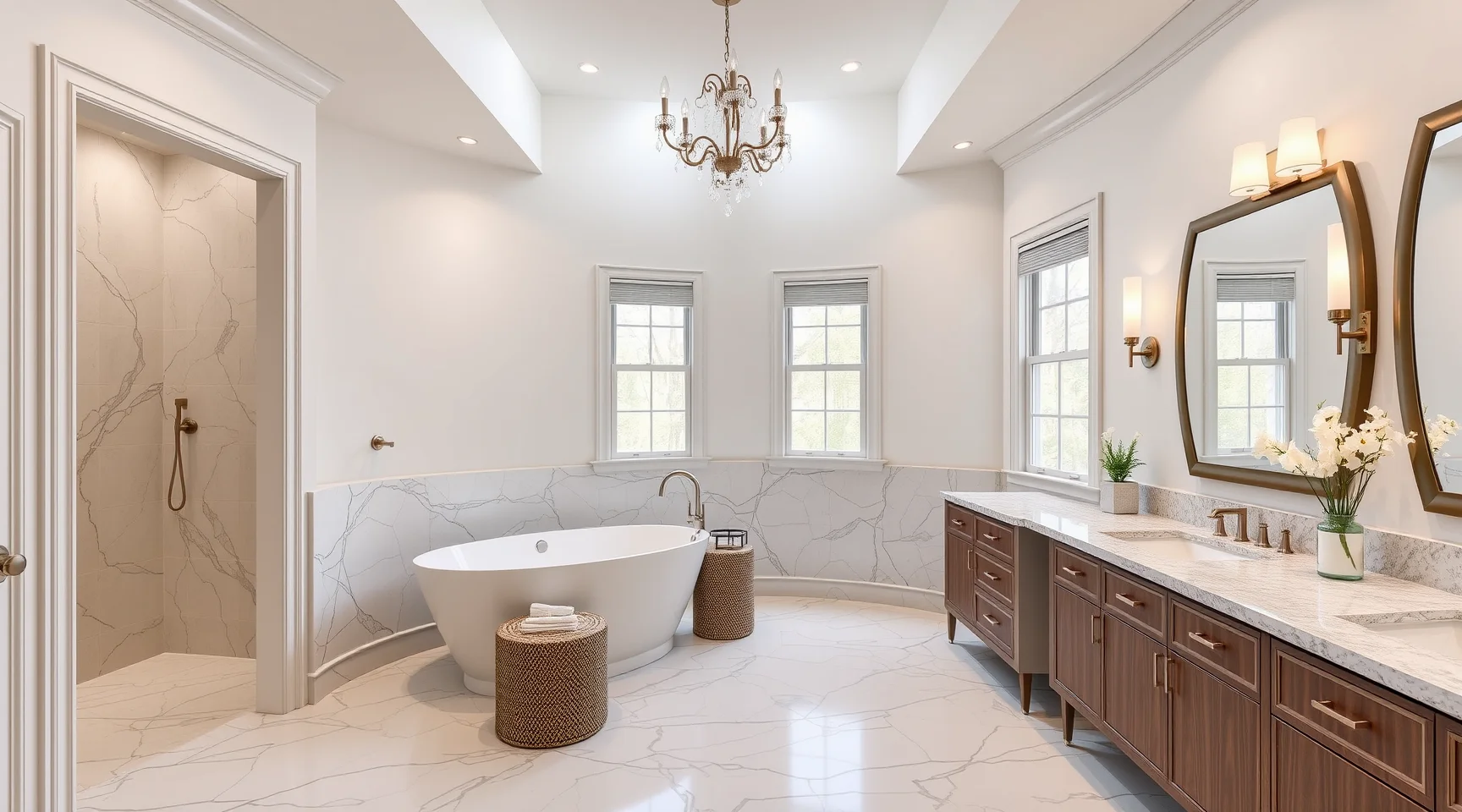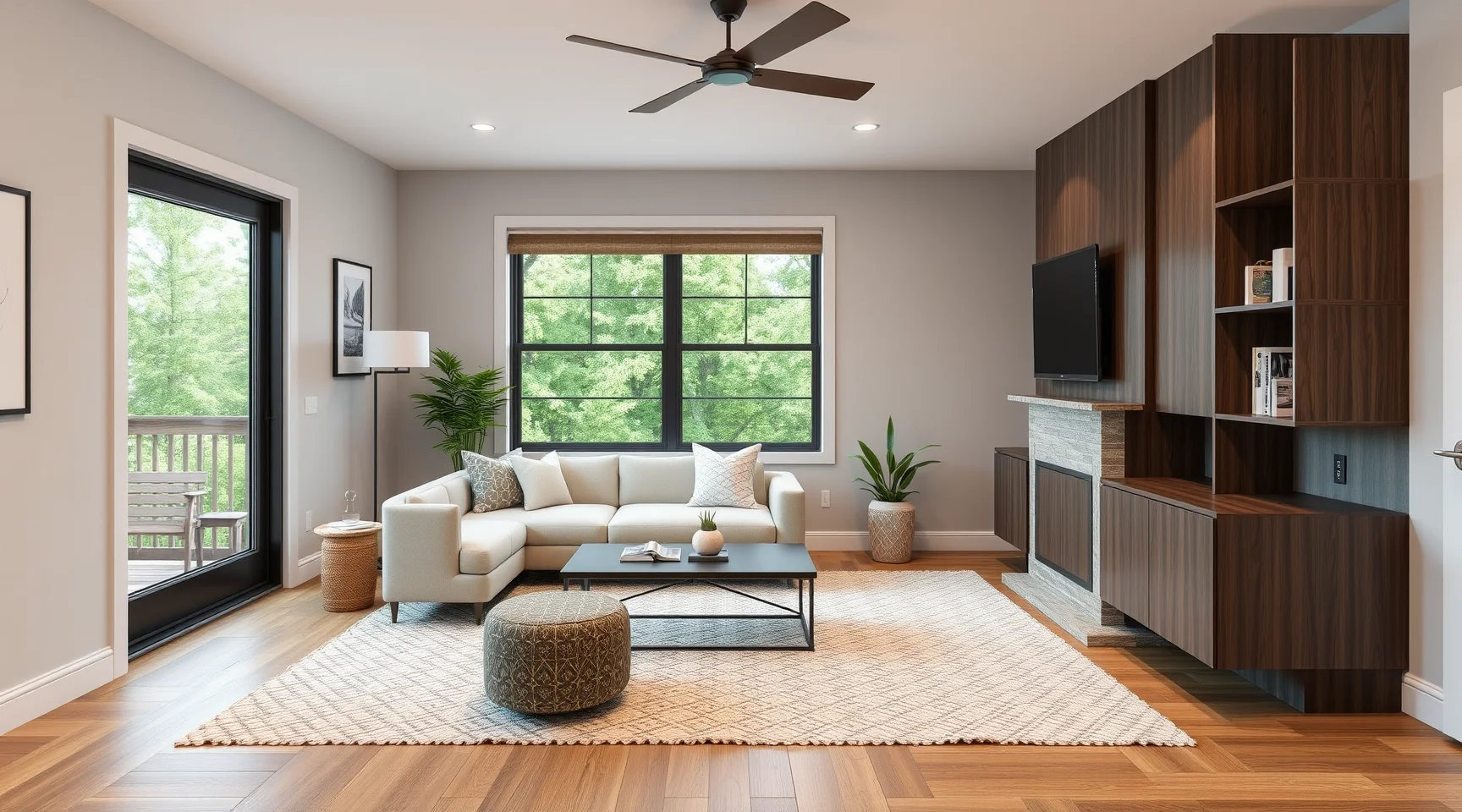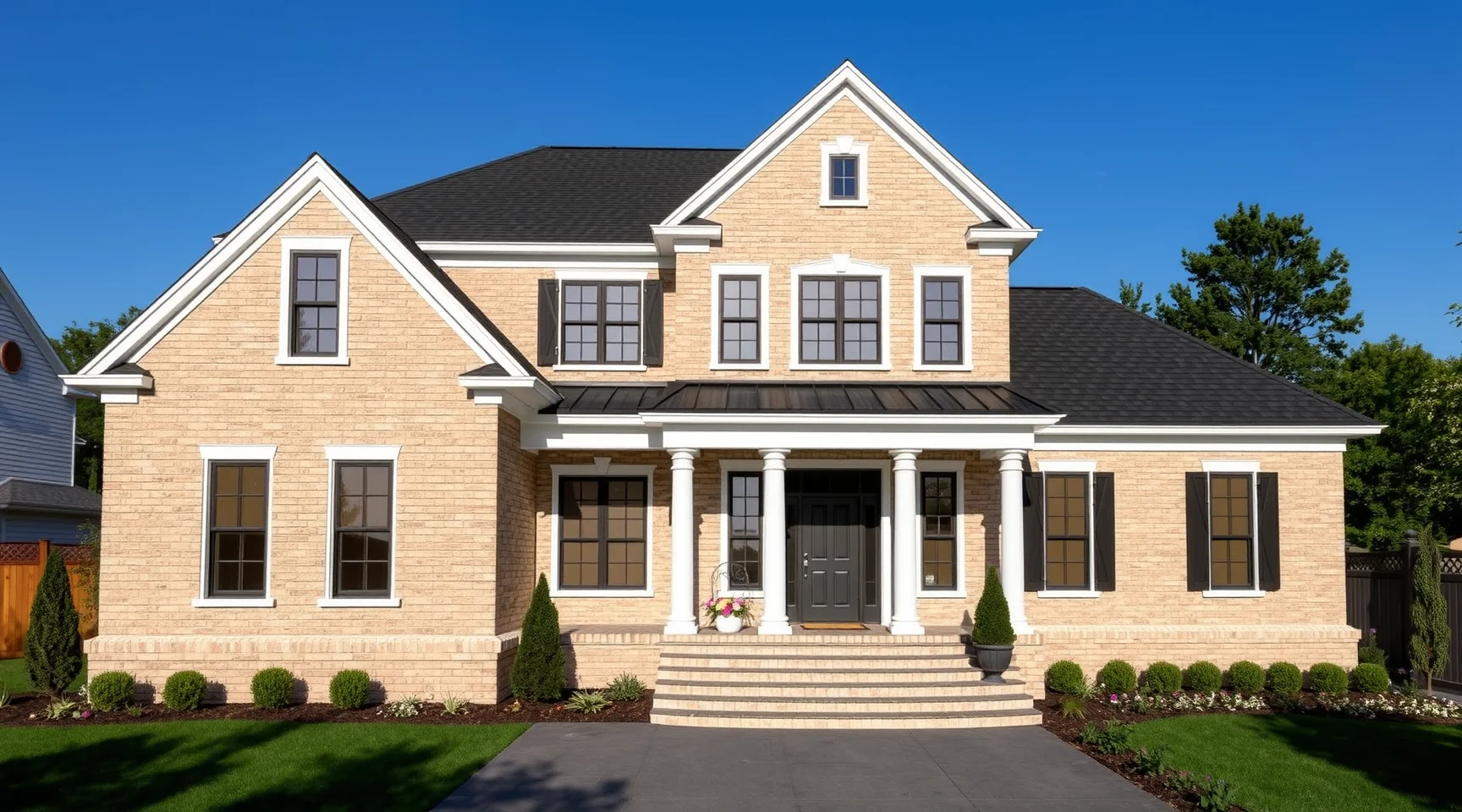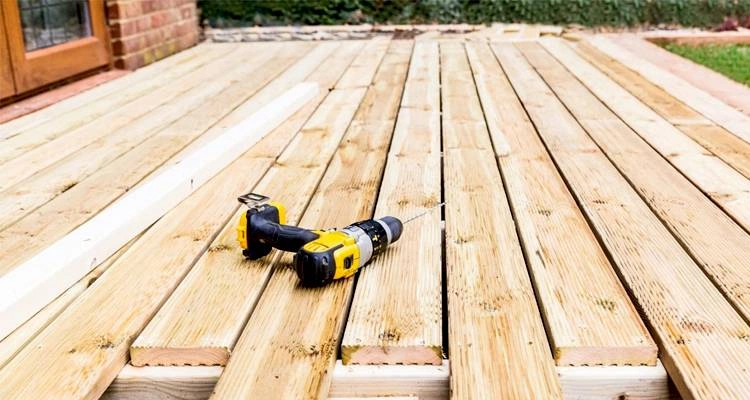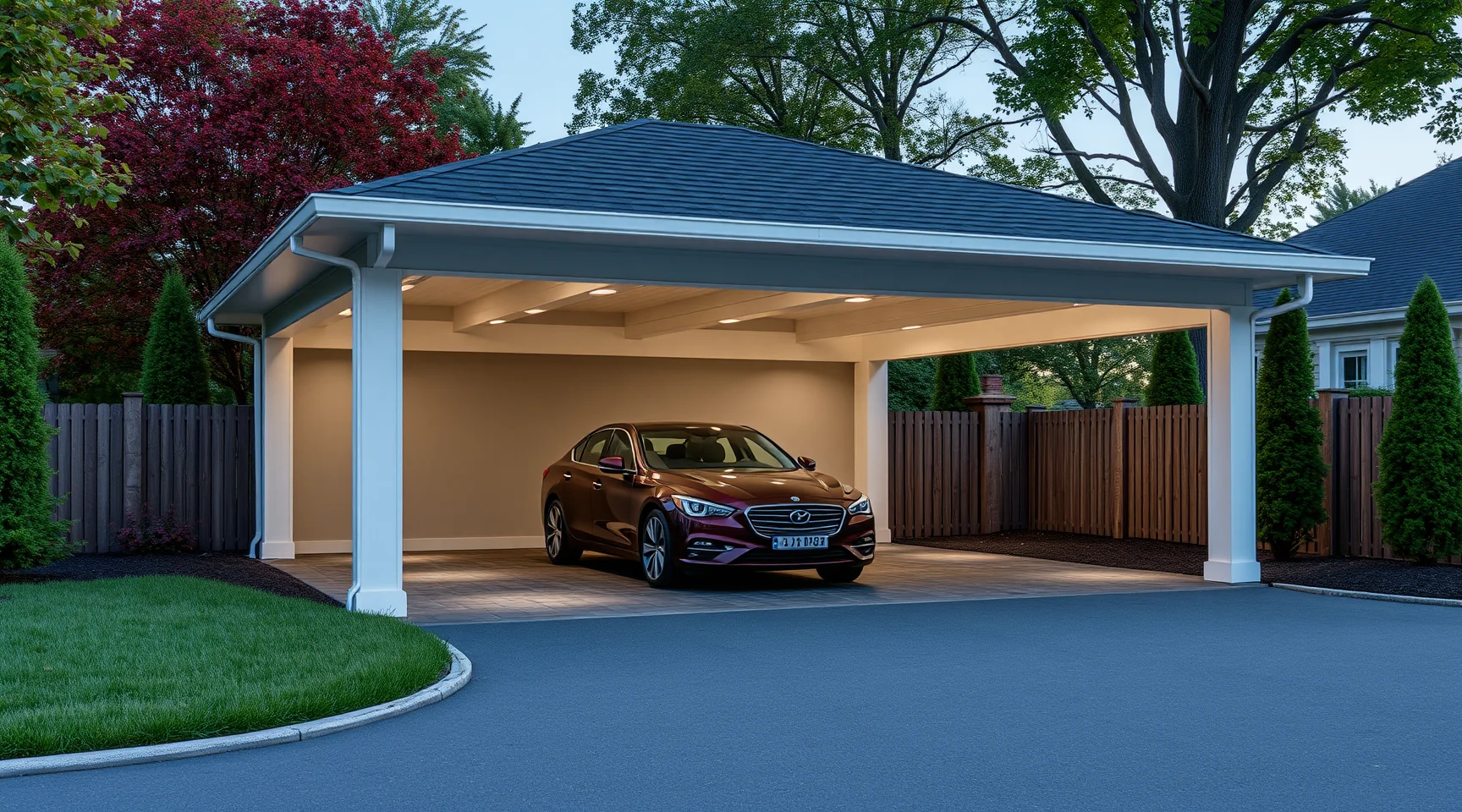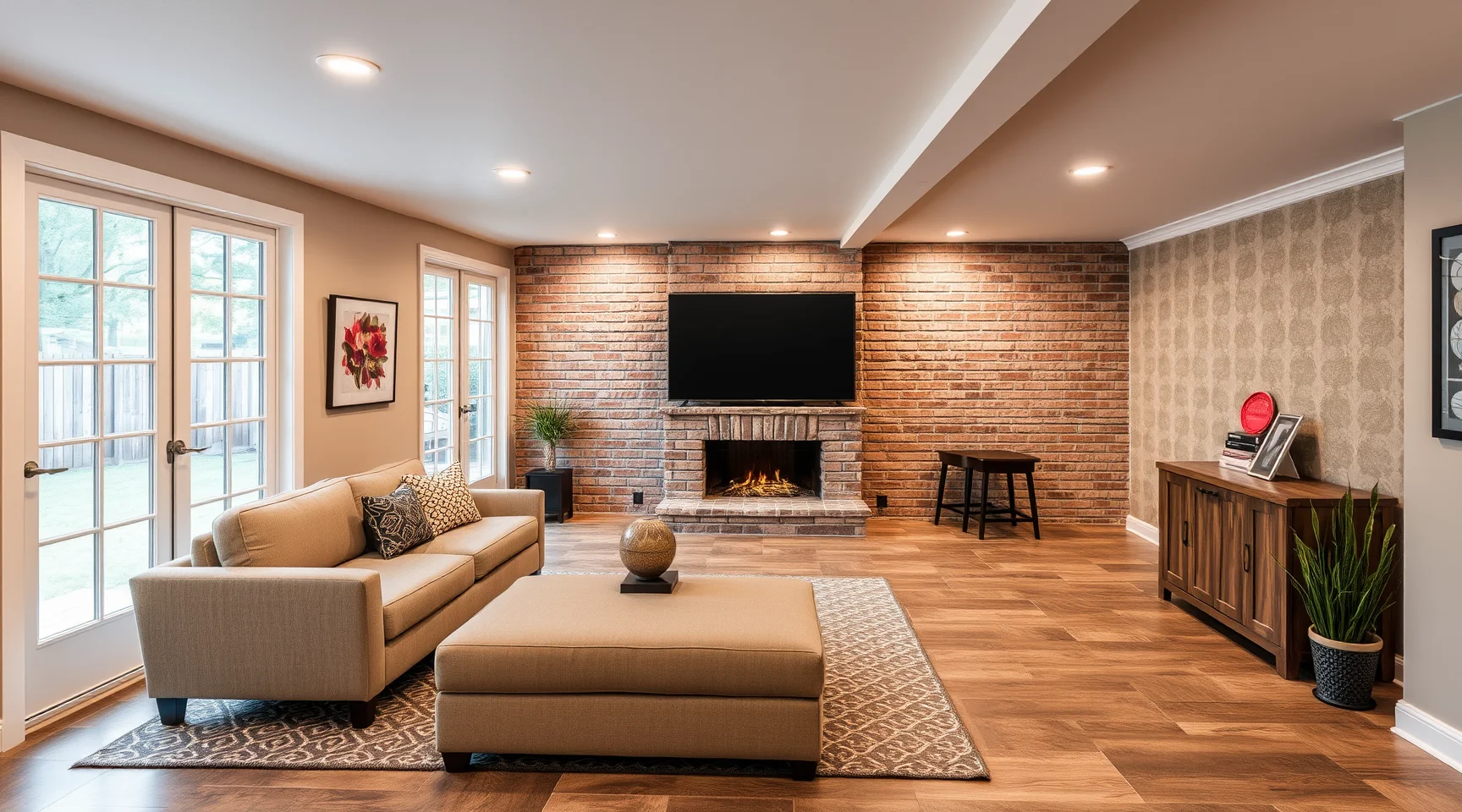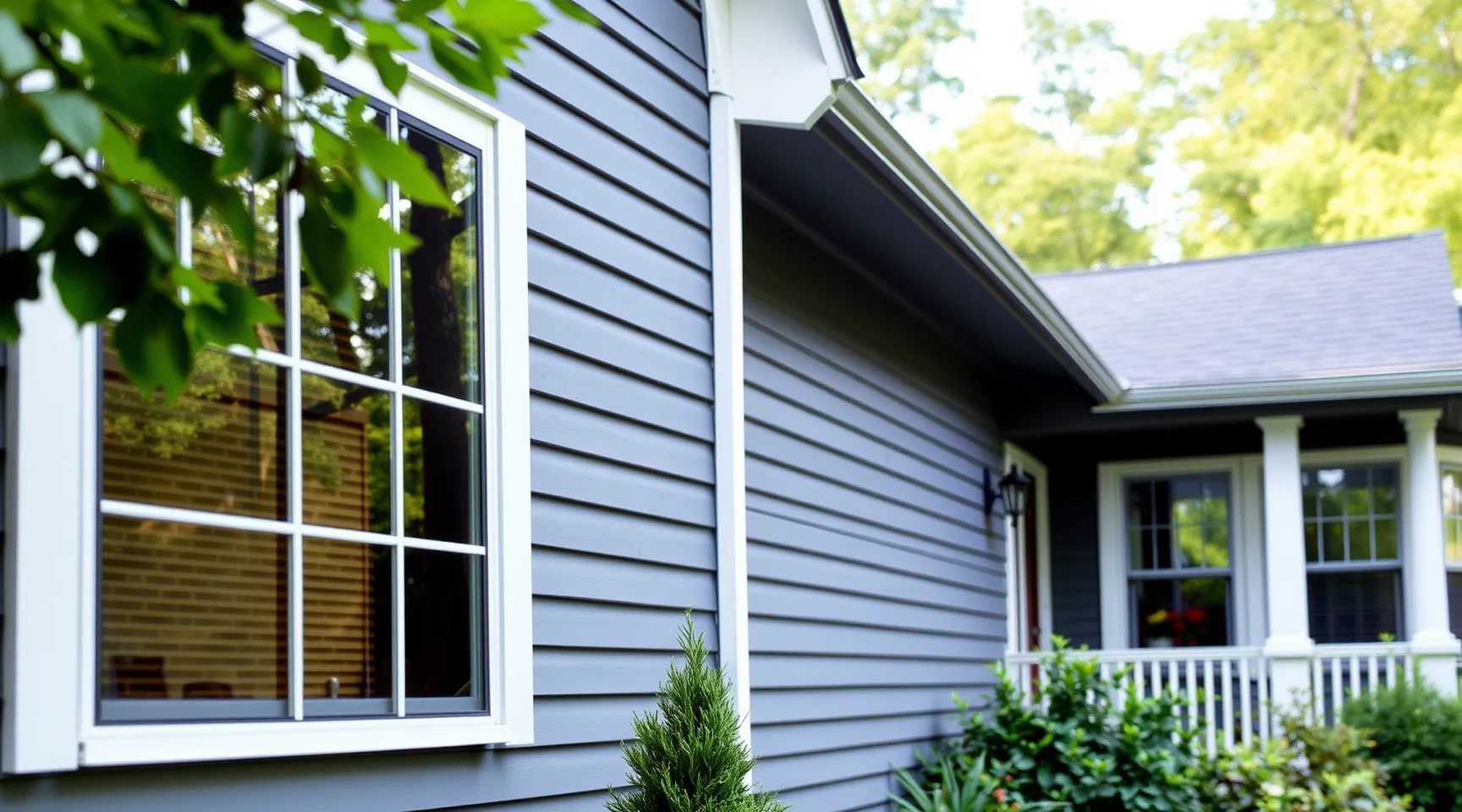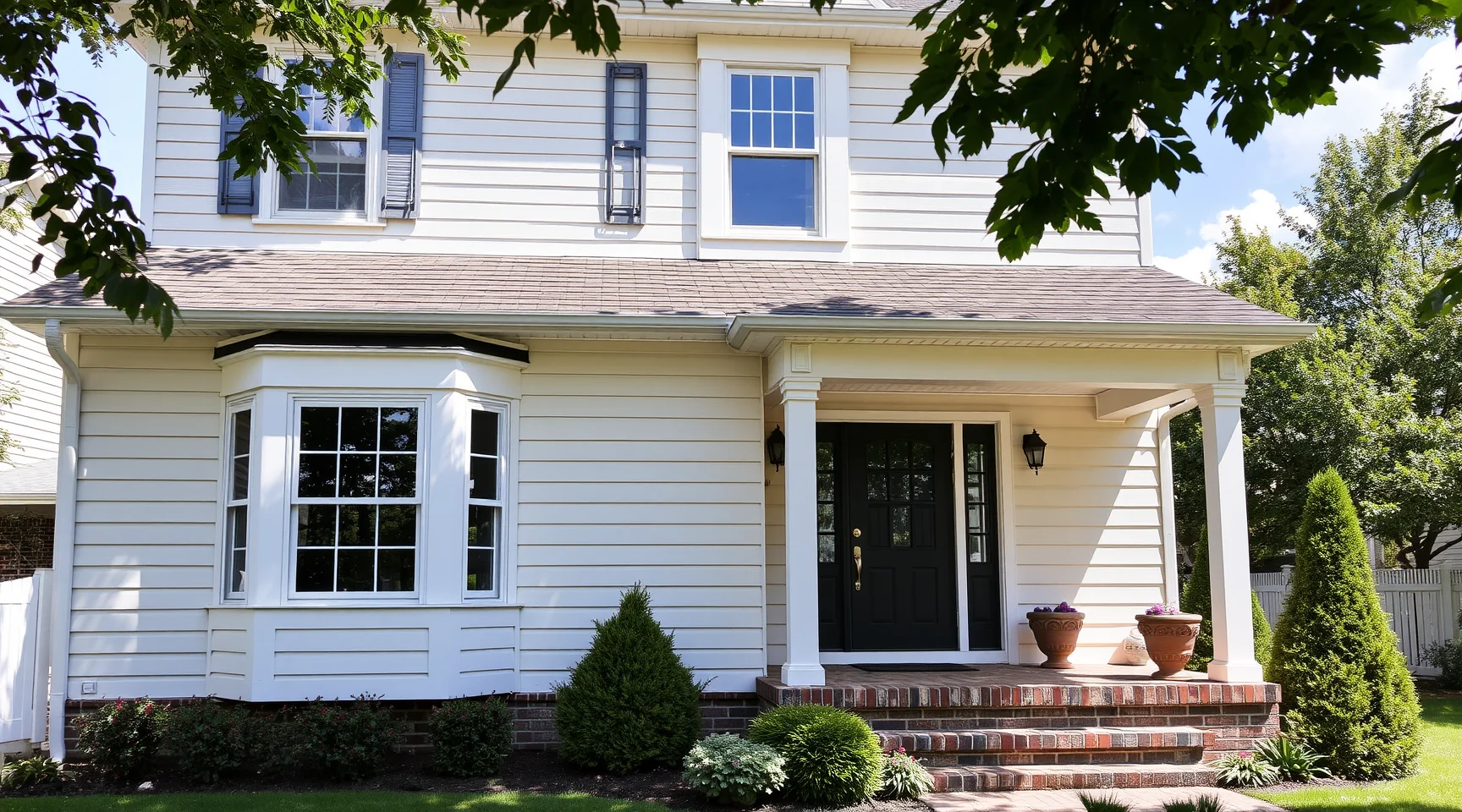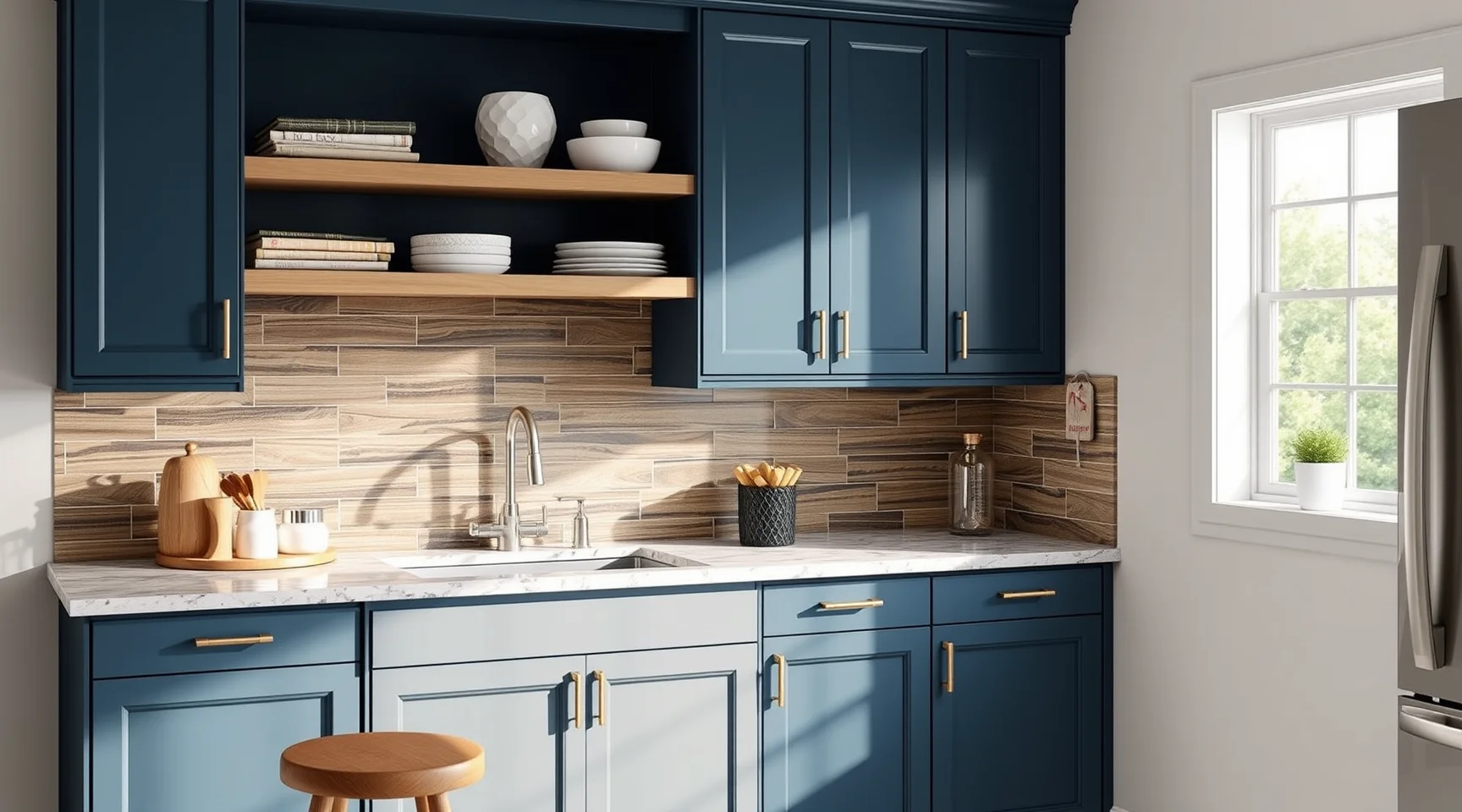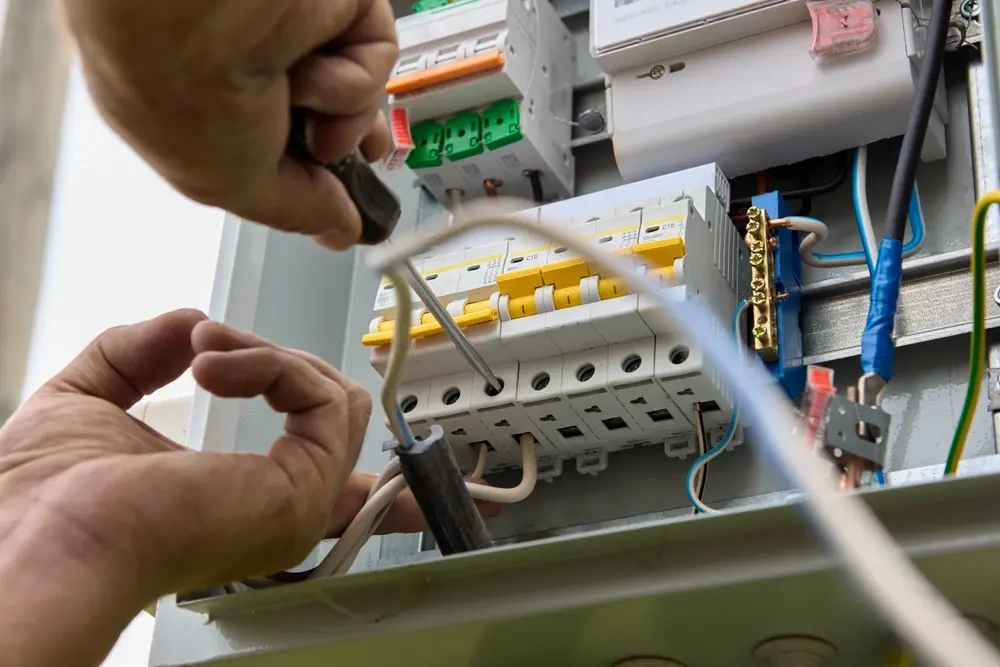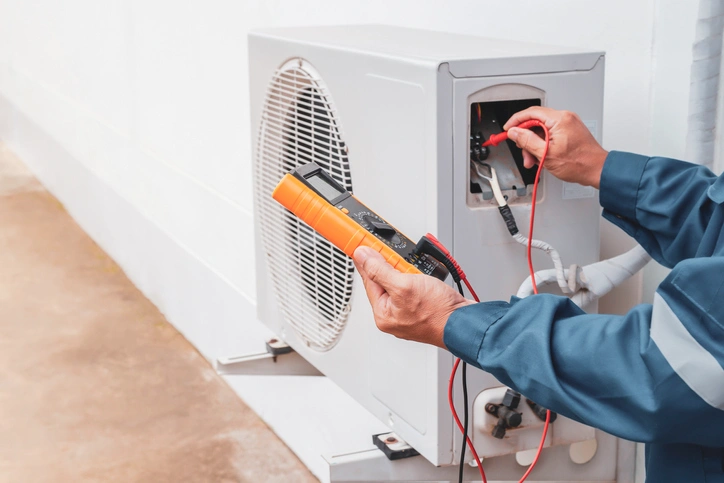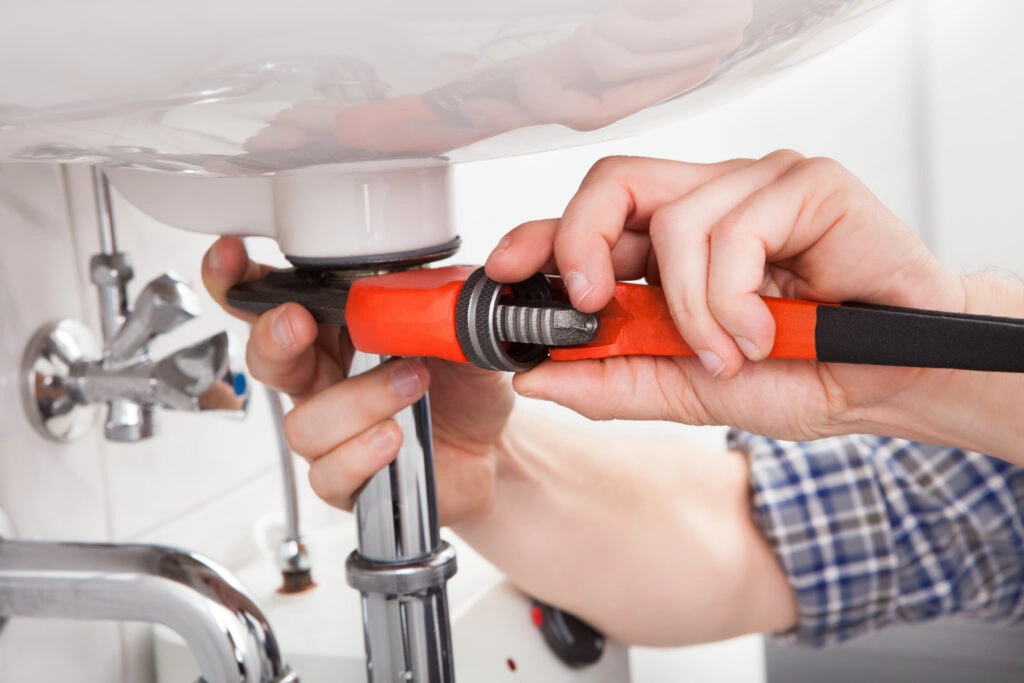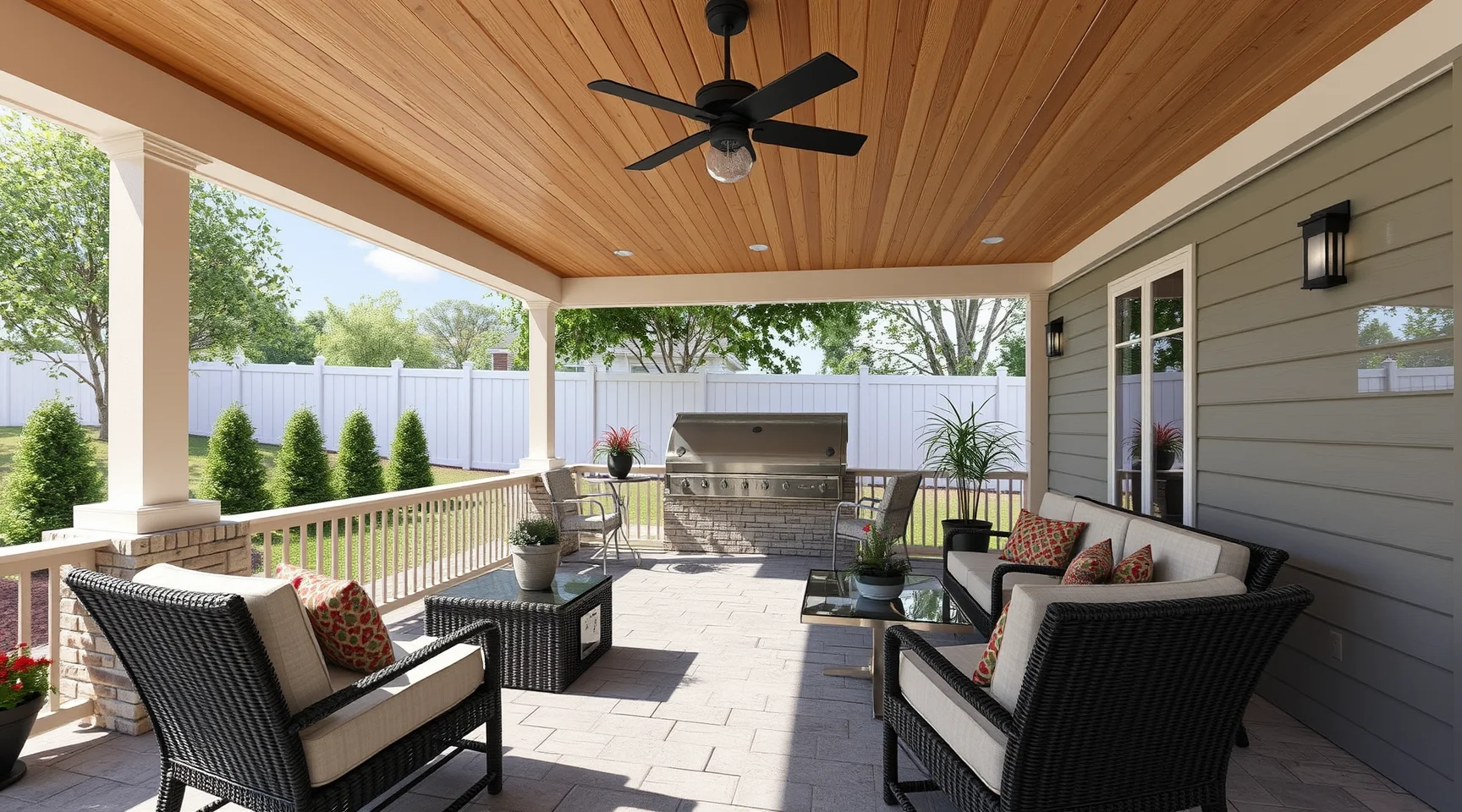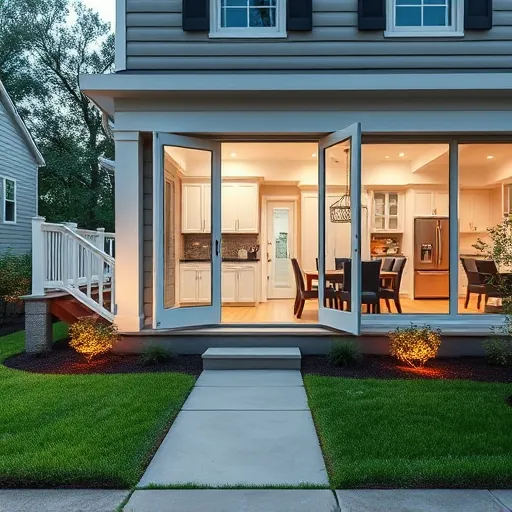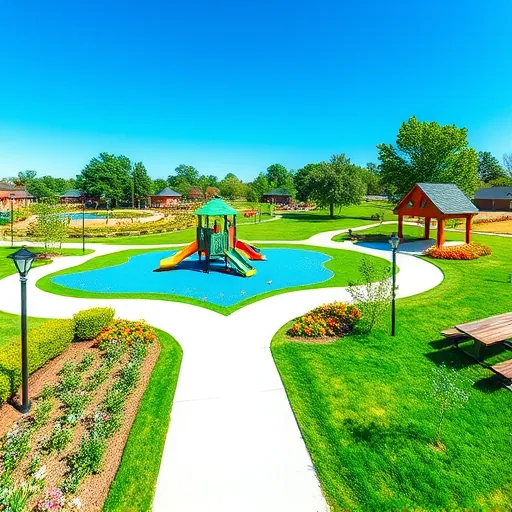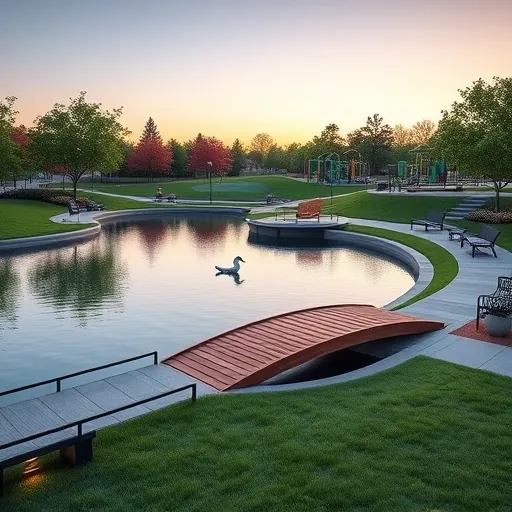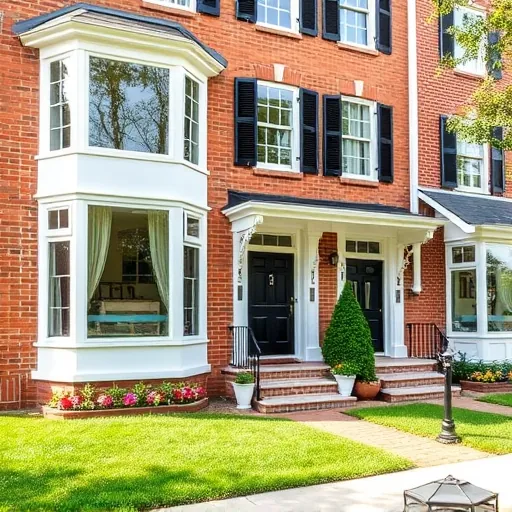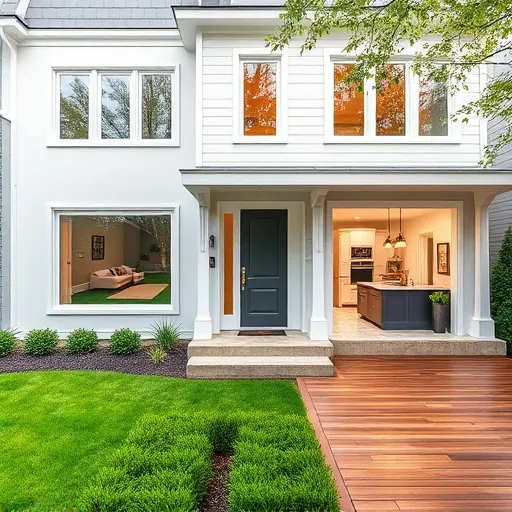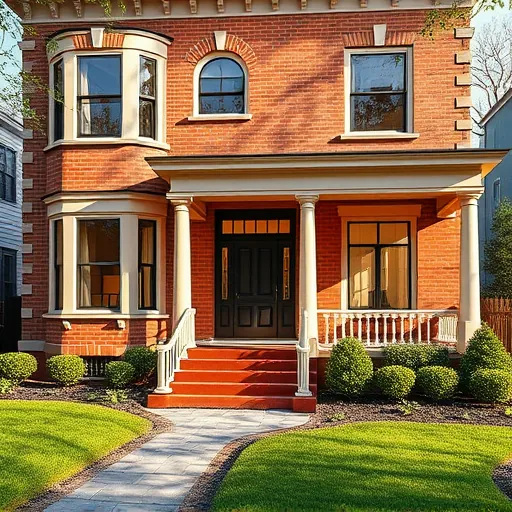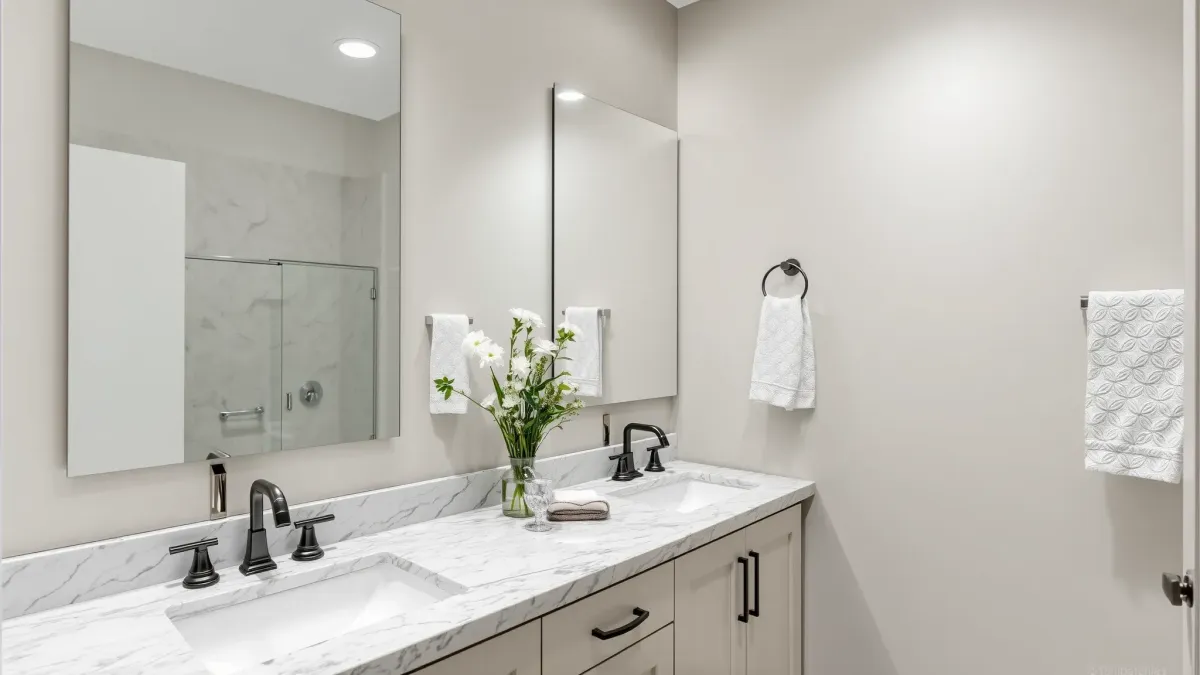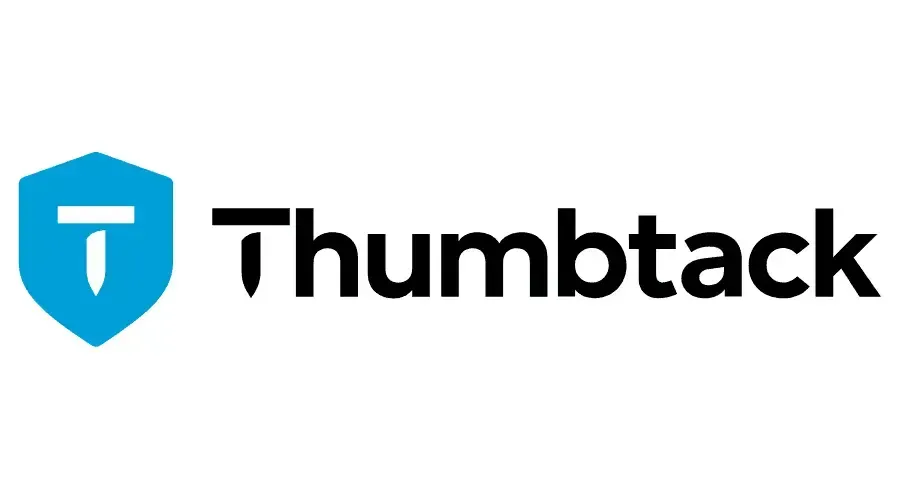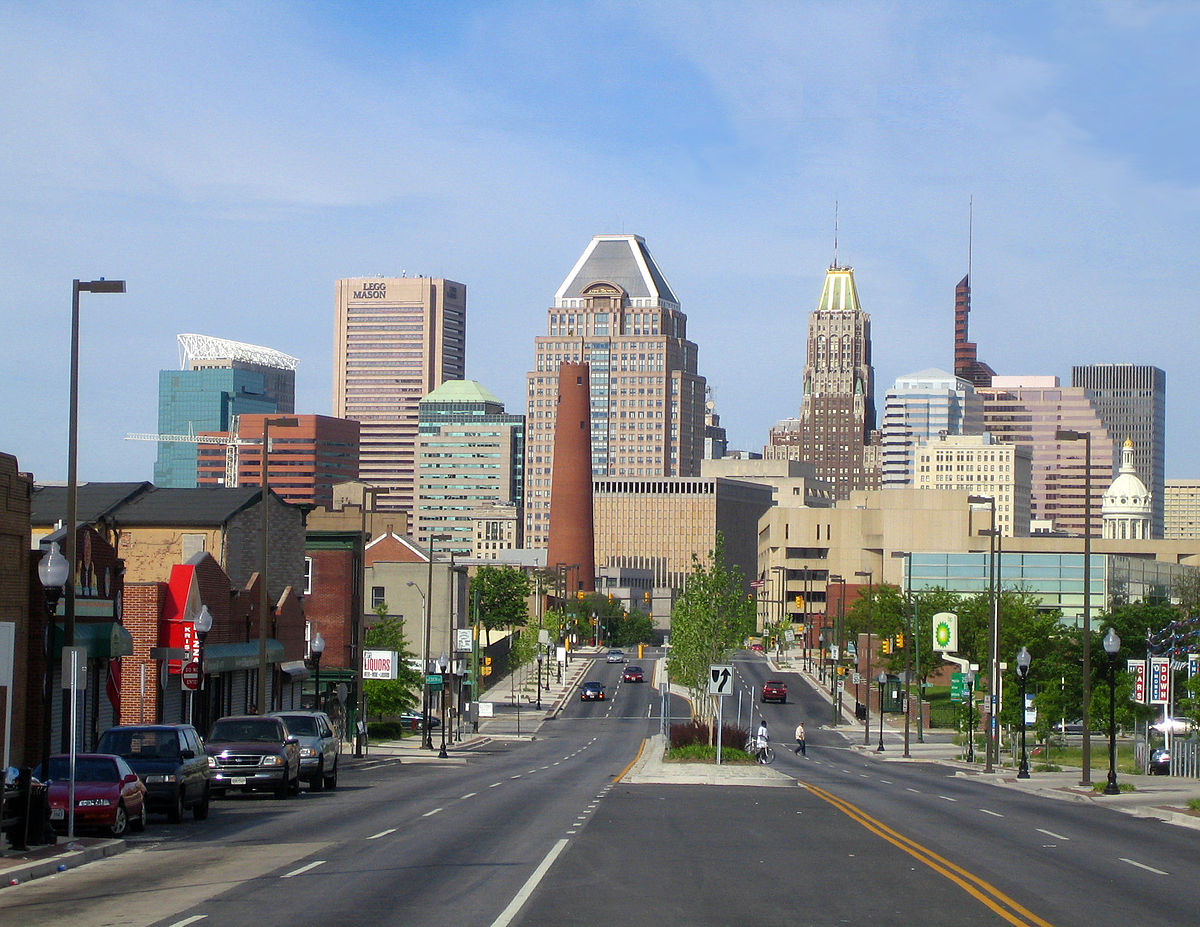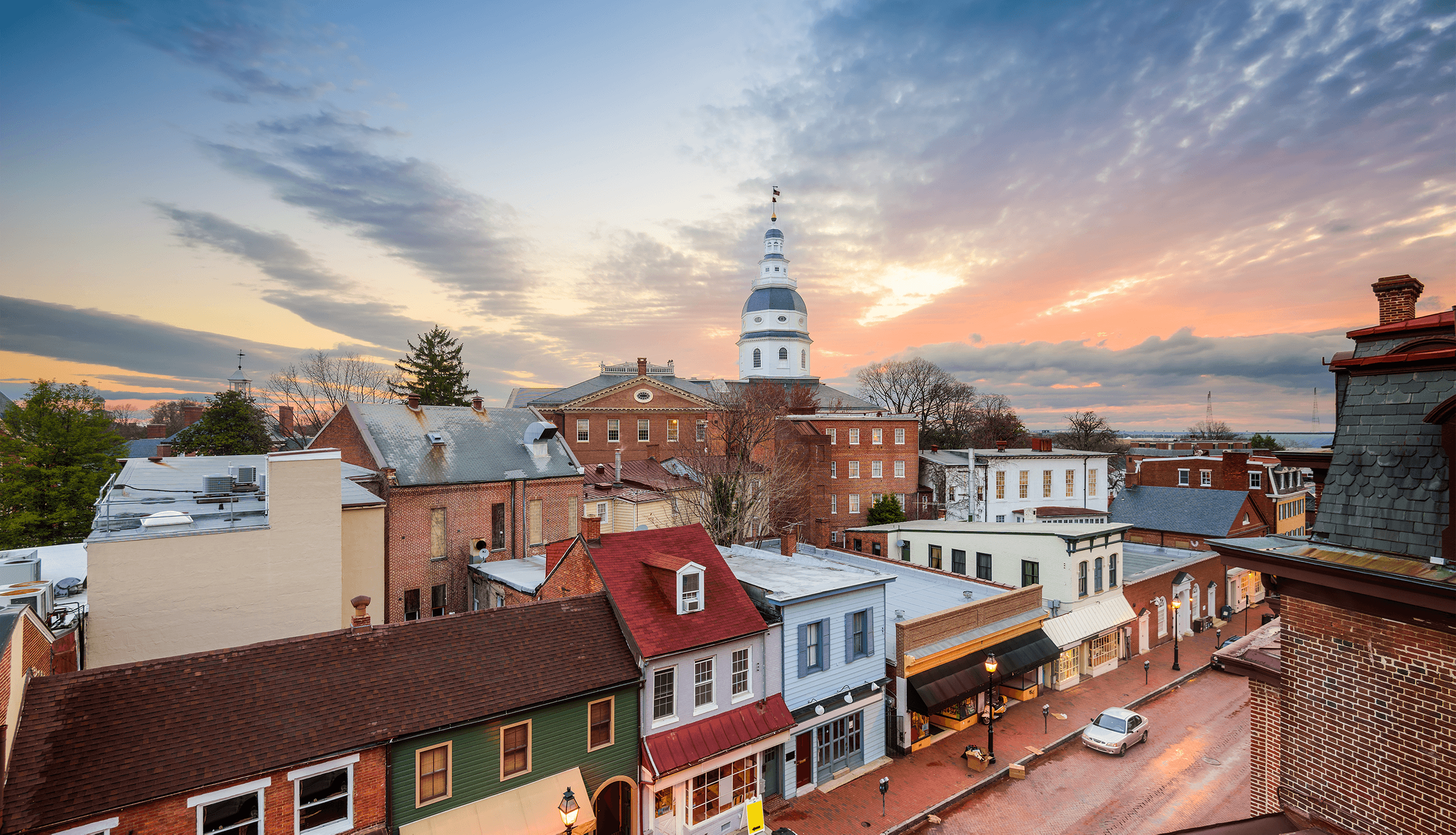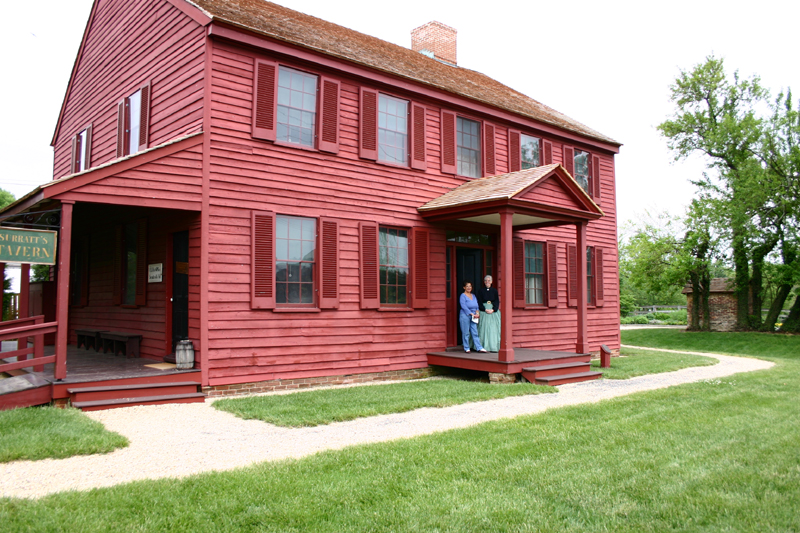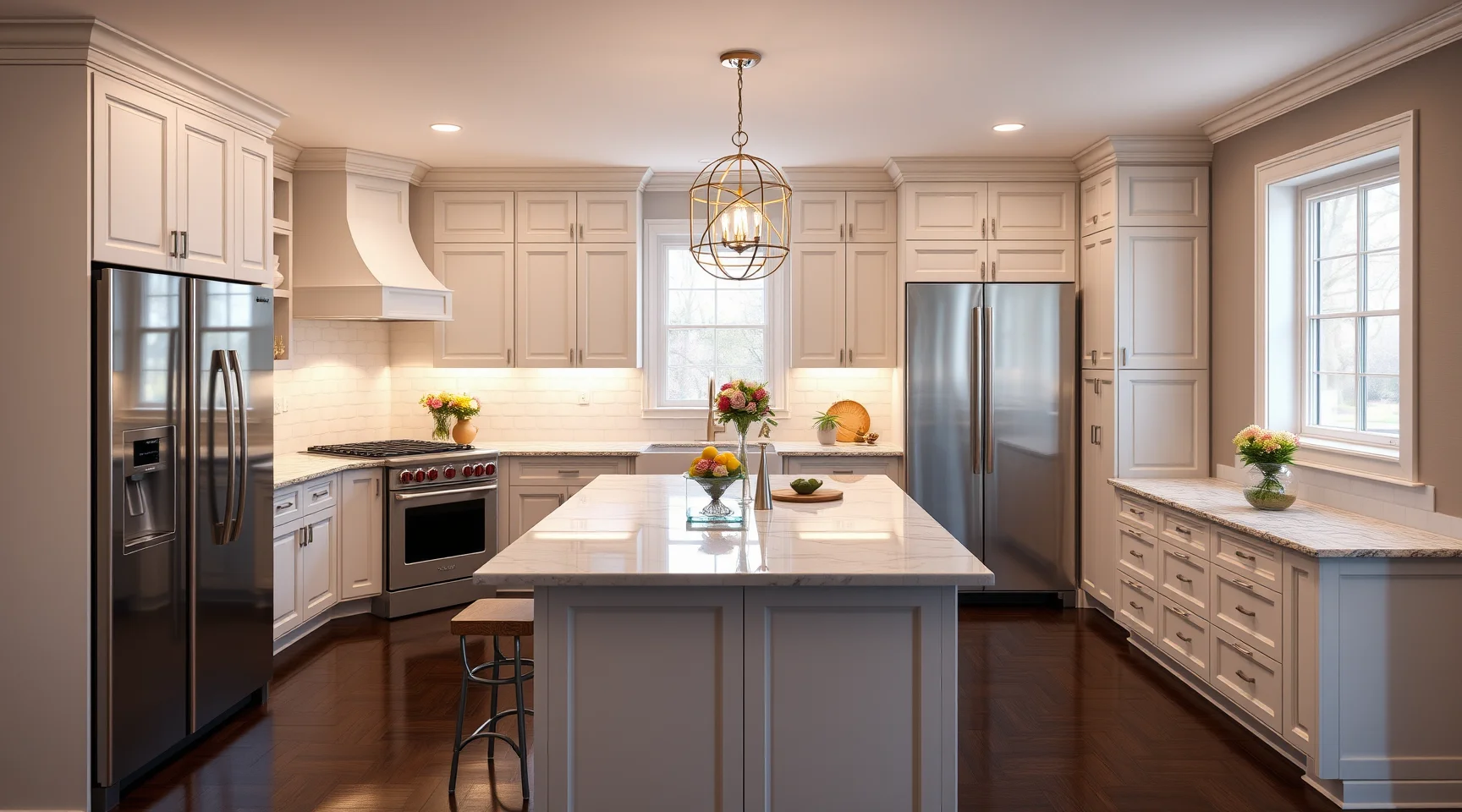
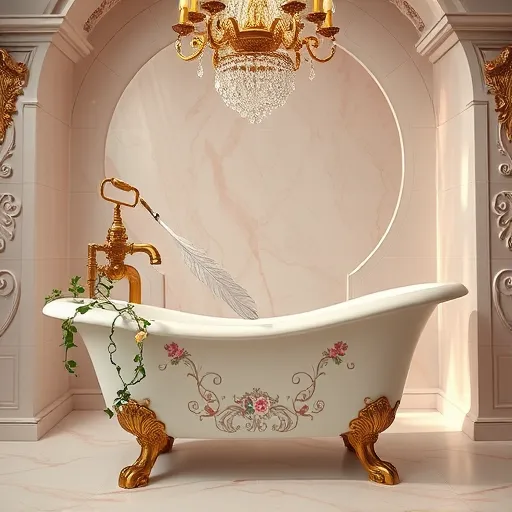
Cost to Convert a Tub to a Shower | Get Free Quotes & Tips
Understanding the Cost to Convert a Tub to a Shower: What Homeowners Need to Know
Converting a bathtub into a shower is a popular home renovation project that can enhance the functionality and aesthetics of your bathroom. Whether you’re aiming to maximize space, improve accessibility, or modernize your bathroom, understanding the cost to convert a tub to a shower is essential for making informed decisions and budgeting effectively. In this comprehensive guide, we’ll explore the factors influencing costs, typical expenses, and actionable tips to optimize your renovation process.
What Are the Key Factors That Influence the Cost to Convert a Tub to a Shower?
The expense associated with converting a bathtub into a shower hinges on multiple interconnected factors. Recognizing these variables helps homeowners allocate budgets appropriately and avoid unexpected costs. Here are the primary considerations:
1. What is the extent of structural modifications required?
Structural adjustments vary significantly based on your existing bathroom layout and the type of shower you desire. For example, if the current plumbing aligns well with the new shower, costs will be lower. However, if walls need reinforcement or relocation, or if you require additional framing, expenses increase. Additionally, the space available for the shower—whether a standard stall, walk-in, or accessible shower—affects the complexity and cost.
2. How much will the materials and fixtures impact the overall cost?
The choice of materials is a critical determinant. High-end tiles, frameless glass doors, and custom vanities elevate the aesthetic but also add to the budget. Conversely, affordable acrylic or fiberglass enclosures offer cost-effective options with durability. Consider also the fixtures—faucets, showerheads, and accessories—that cater to your style and functional needs.
3. Are there any plumbing or electrical upgrades needed?
Converting a tub to a shower often requires rerouting plumbing lines, especially if the existing plumbing doesn’t support a new shower configuration. Electrical work may include installing new lighting, ventilation fans, or heated floors. These upgrades can considerably influence the total cost.
4. Do you opt for personalized features or accessibility modifications?
Additional features like grab bars, non-slip flooring, or low-threshold entryways not only improve safety but can also add to the overall expense. Accessibility-focused conversions might involve installing walk-in showers, shower seats, or even specialized tubs that blend into the shower space.
What is the Typical Cost to Convert a Tub to a Shower?
While costs vary widely based on location, quality of materials, and scope of work, understanding typical price ranges provides useful benchmarks:
Basic Conversion: $1,500 – $5,000
Mid-Range Renovation: $5,000 – $12,000
High-End Upgrades: $12,000 and above
In a basic conversion, costs include removing the existing tub, installing a shower pan or base, tiling, and basic fixtures. Mid-range projects might involve custom tiles, elegant fixtures, and enhanced accessibility features. High-end conversions may incorporate luxury materials, spa-like features, and sophisticated waterproofing systems.
Can I Reduce Costs Without Compromising Quality?
Certainly. Strategic planning and informed choices can help you manage expenses effectively:
How can selecting the right materials influence the cost?
Opting for durable yet affordable materials like fiberglass or acrylic enclosures can significantly cut costs. Also, choosing standard-sized tiles over custom or large-format tiles reduces installation time and expenses. For more inspiration, explore ideas for energy-efficient kitchen remodeling, which also offers insights into cost-effective renovation strategies applicable to bathrooms.
Should I consider DIY elements of the conversion?
Some homeowners can undertake parts of the project, such as demolition or tiling, to save costs. However, complex plumbing and electrical work should always be performed by licensed professionals to ensure safety and compliance with local codes.
What Are Some Tips for Planning Your Bathroom Conversion Project?
Effective planning lays the foundation for a successful cost to convert a tub to a shower project. Consider the following actionable tips:
Set a realistic budget: Account for all potential expenses, including permits and unexpected costs.
Engage experienced professionals: Obtain multiple quotes and confirm their credentials before hiring.
Explore accessible solutions: If improving accessibility is a priority, review accessible bathroom storage solutions for potential enhancements.
Plan for proper ventilation: Proper moisture control prevents mold and prolongs the life of your renovation.
Coordinate timeline considerations: If you’re in a hurry, investigate options for revamping a kitchen on a tight timeline — even though focused on kitchens, similar principles apply to bath renovations.
What Are the Permits and Codes I Should Be Aware Of?
Before starting your conversion, check with local authorities about required permits. Proper permitting ensures your renovation adheres to safety standards and code compliance, potentially avoiding costly fines or future issues. Hiring licensed contractors familiar with local codes can streamline this process.
How Long Does a Tub-to-Shower Conversion Usually Take?
The timeline depends on the project’s complexity. Simple conversions typically take between 2 to 5 days, while more extensive renovations involving structural modifications or luxury features may extend to a week or more. Proper project management helps minimize delays and ensures quality workmanship.
Are There Long-Term Benefits of Converting a Tub to a Shower?
Beyond immediate aesthetic improvements, converting to a shower can:
Increase bathroom accessibility, especially for elderly or disabled household members.
Save space and provide a modern look.
Enhance the overall value of your home.
Reduce maintenance and cleaning time with easier-to-clean surfaces.
What Should Homeowners Do Before Starting the Conversion?
Preparation is key. Ensure you:
Conduct a thorough assessment of your current bathroom setup.
Determine your preferred shower style and features.
Consult with licensed contractors to understand scope and costs.
Secure necessary permits and approvals.
Plan your budget wisely, factoring in potential adjustments.
Why Is Professional Installation Important?
Proper installation ensures safety, durability, and compliance with all building codes. Professional contractors have the skills and experience to handle complex plumbing and waterproofing, reducing the likelihood of future problems such as leaks or mold growth.
How Can I Ensure My Renovation Is Environmentally Friendly?
Opt for energy-efficient fixtures, water-saving showerheads, and eco-friendly materials. Proper insulation and ventilation also contribute to a greener, healthier home environment.
Frequently Asked Questions (FAQs)
What is the average timeline for converting a tub to a shower?
Most conversions take between 2 to 7 days, depending on scope and complexity. Planning ahead with a professional can help you set realistic expectations.
Can I convert a tub to a shower myself?
While minor tasks like demolition may be manageable, plumbing, waterproofing, and fixture installation should be performed by licensed experts to ensure safety and code compliance.
How much does it generally cost to convert a tub to a shower?
The total cost varies widely based on materials, scope, and location, but typical projects range from $1,500 for basic setups to over $12,000 for high-end renovations.
What features should I consider adding during the conversion?
Personalized options include accessible features, custom tiling, built-in storage, and eco-friendly fixtures. These additions enhance functionality and satisfaction.
Are permits necessary for converting a tub to a shower?
Yes. Permits are typically required to ensure the renovation complies with local building codes and safety standards. Your contractor can assist with this process.
In Summary
The cost to convert a tub to a shower depends on numerous factors, from materials and design to structural modifications and permits. With thoughtful planning, professional assistance, and a clear understanding of your goals, you can transform your bathroom into a more functional, stylish, and valuable space. Remember to research your options thoroughly and prioritize quality workmanship to ensure lasting satisfaction with your renovation project.


